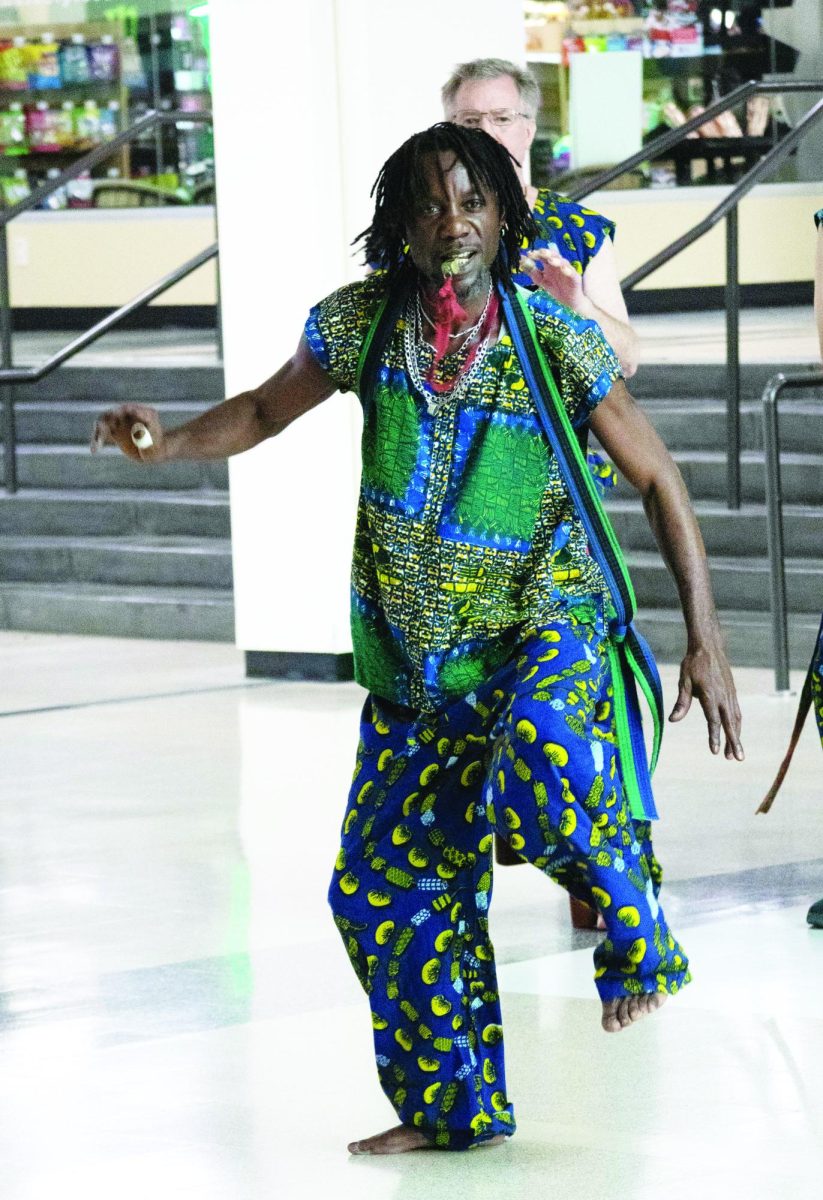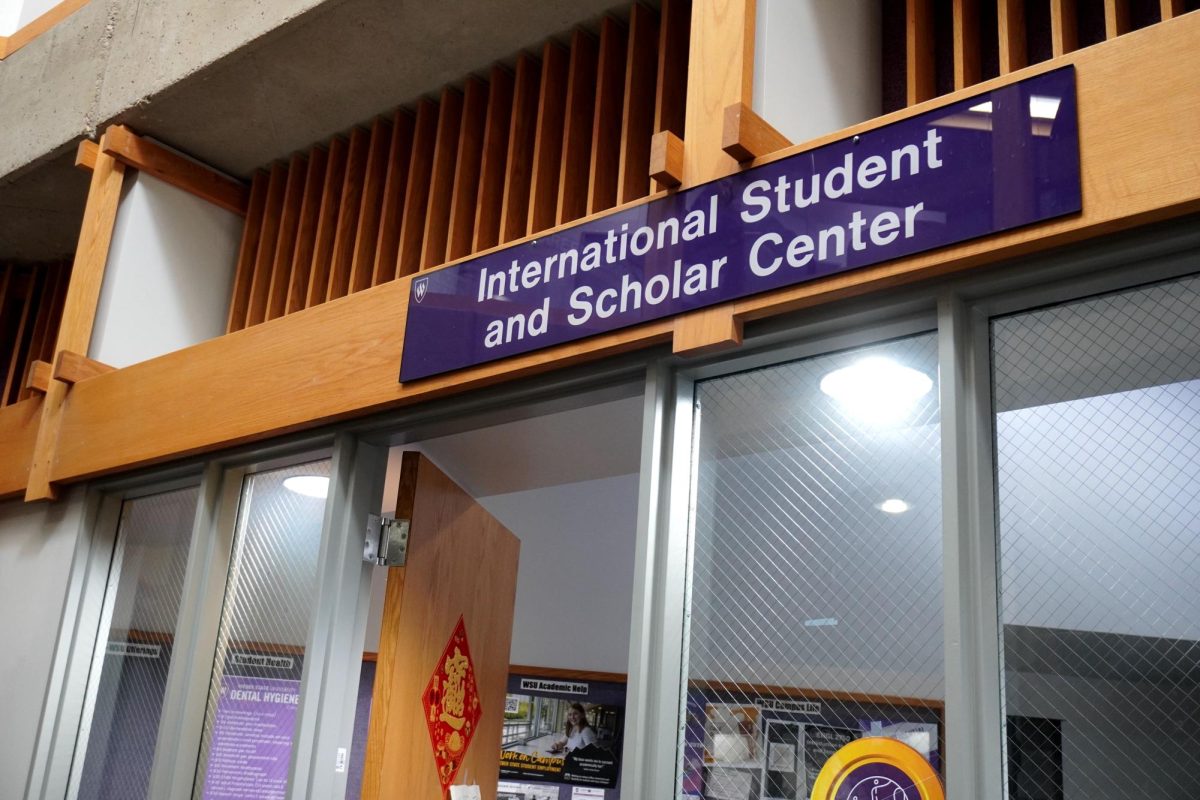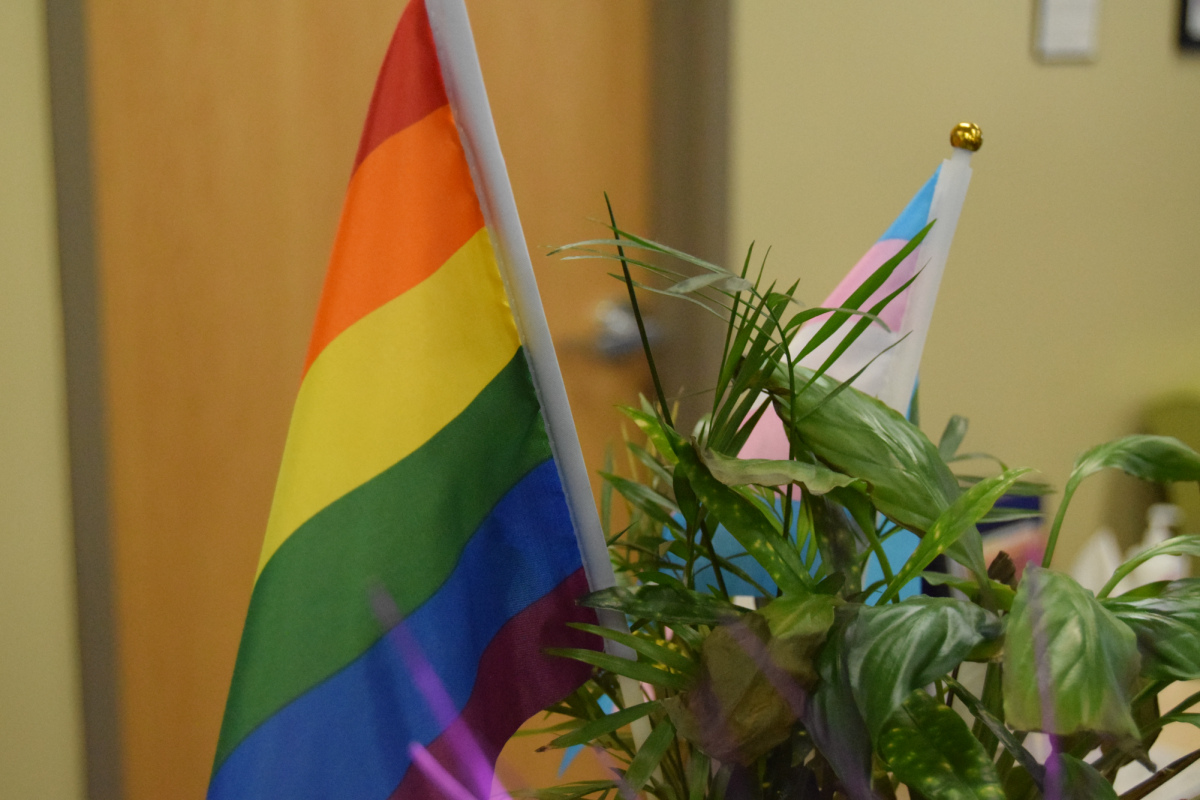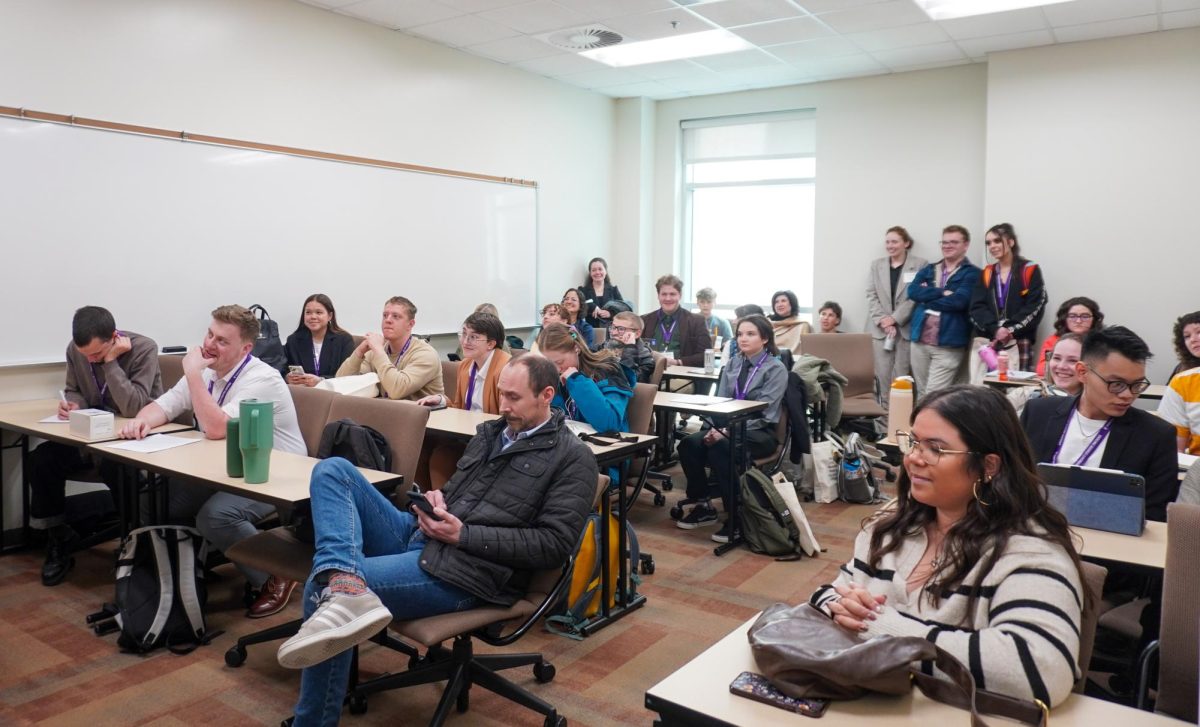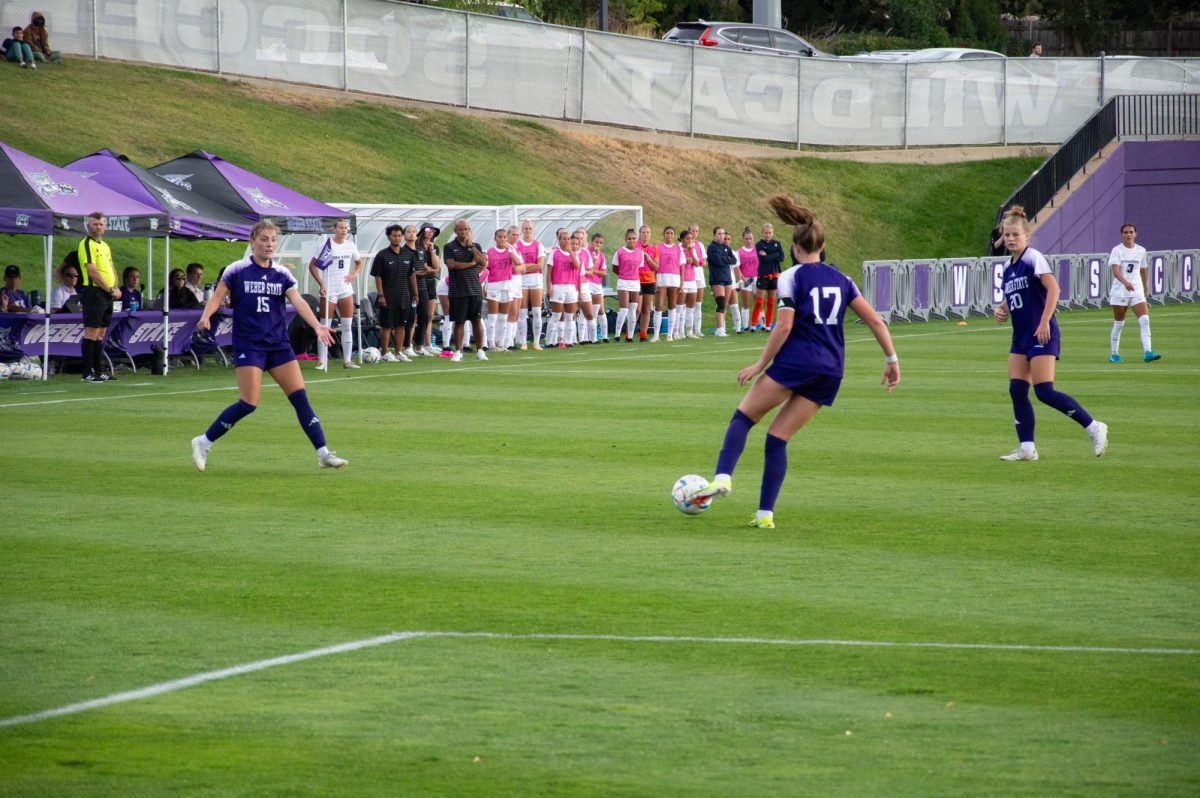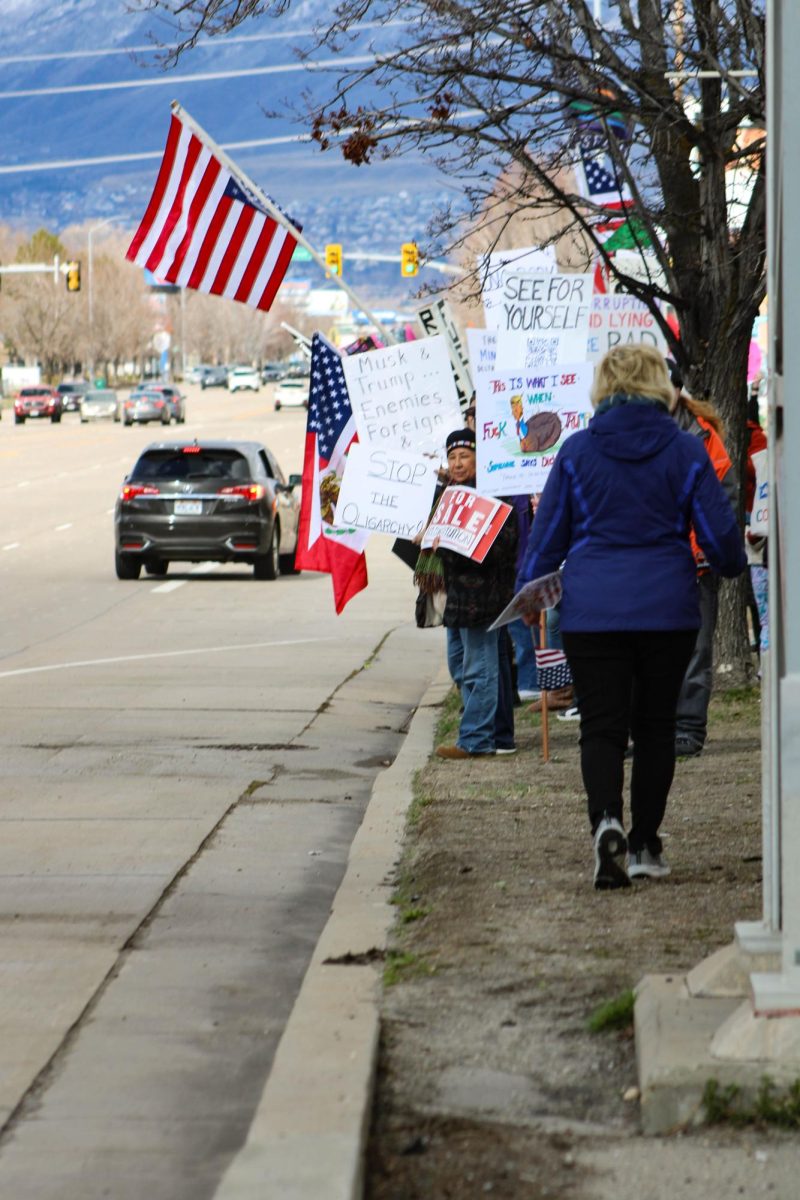
It is important to talk about what culture is.
At Weber State University, there are approximately 25,000 students traversing the campus. Of those students, 2,747 identify themselves as Latino or Hispanic.
Weber State has declared September Hispanic Cultural Heritage Month, according to Teresa Martinez, program coordinator for Diversity and Inclusivity.
Susana Baumann, multicultural expert and editor-in-chief of Latinasinbusiness.com, said according to the 2010 census, Latinos formed approximately 16 percent of the total population in the United States. That number is predicted to grow 21 percent in 2020.
Culture is a complex word that is both active and dynamic. It’s the knowledge that comes from interpreting what is appropriate behavior and from what we learn of our experiences. This includes aspects such as rituals, social roles, values, beliefs, ways of interacting with others, customs, language, music and so much more.
Drs. Eleanor Lynch and Marci Hanson, authors of “Developing Cross-Cultural Competence,” define culture as “The likeness of the person to be seen in a simple mirror, everything we look at from our perspective. It is only when we join the observer who is on the other side that we can see ourselves and others clearly, but the pass across the glass presents many challenges.”
A given culture provides an identity to those who claim to belong to it. There is a conscious and an unconscious level that permeates every aspect of the life of a human being. There are cultural aspects that can be seen with the naked eye while others are hidden from the view of the casual observer.
There are hundreds of definitions of culture. What all of the definitions have in common is that everyone has a cultural past.
According to the United Nations Educational and Scientific and Cultural Organizations ( UNESCO), cultural heritage is, “one’s own cultural heritage of the past of a community, with which is alive today and transmitted to the present and future generations.”
Weber State Spanish Professor Electra Gamón Fielding said for her cultural heritage is the set of habits that you learn in the family.
“It is not necessarily the culture in which you live,” Fielding said. “For example, a family of Argentines who live in the United States will have a different cultural heritage than that of a family of Anglo-Saxon origin who has lived for several generations in the United United.”
It is important that we stick together, we participate in activities that keep alive our culture and we make it known to our neighbors and friends. The same should be said of us as we get to know the other members of our community.
“We want to celebrate and recognize the Hispanic cultural heritage. This is a good opportunity to learn and share with others about our Hispanic culture,” Olga Antonio, mentoring coordinator at the Multicultural Center of Excellence for Weber State said. “As we celebrate, we want to make the message known to all Hispanic students that this is a place for all of us Latinos. We have a group to which we belong where we can connect with one another and build a community where we can work together, not only in academic circles but as a united community.”






